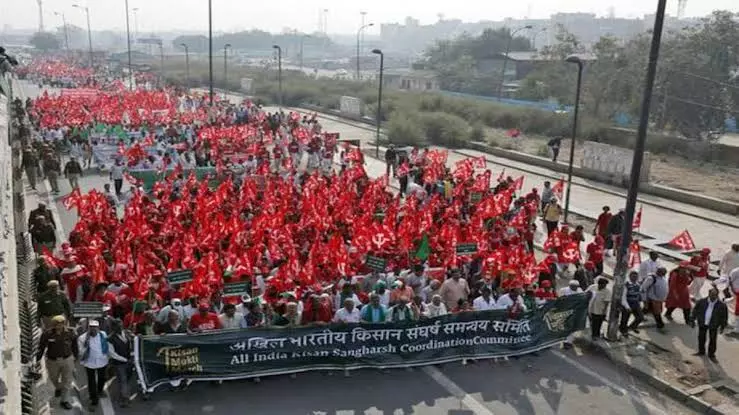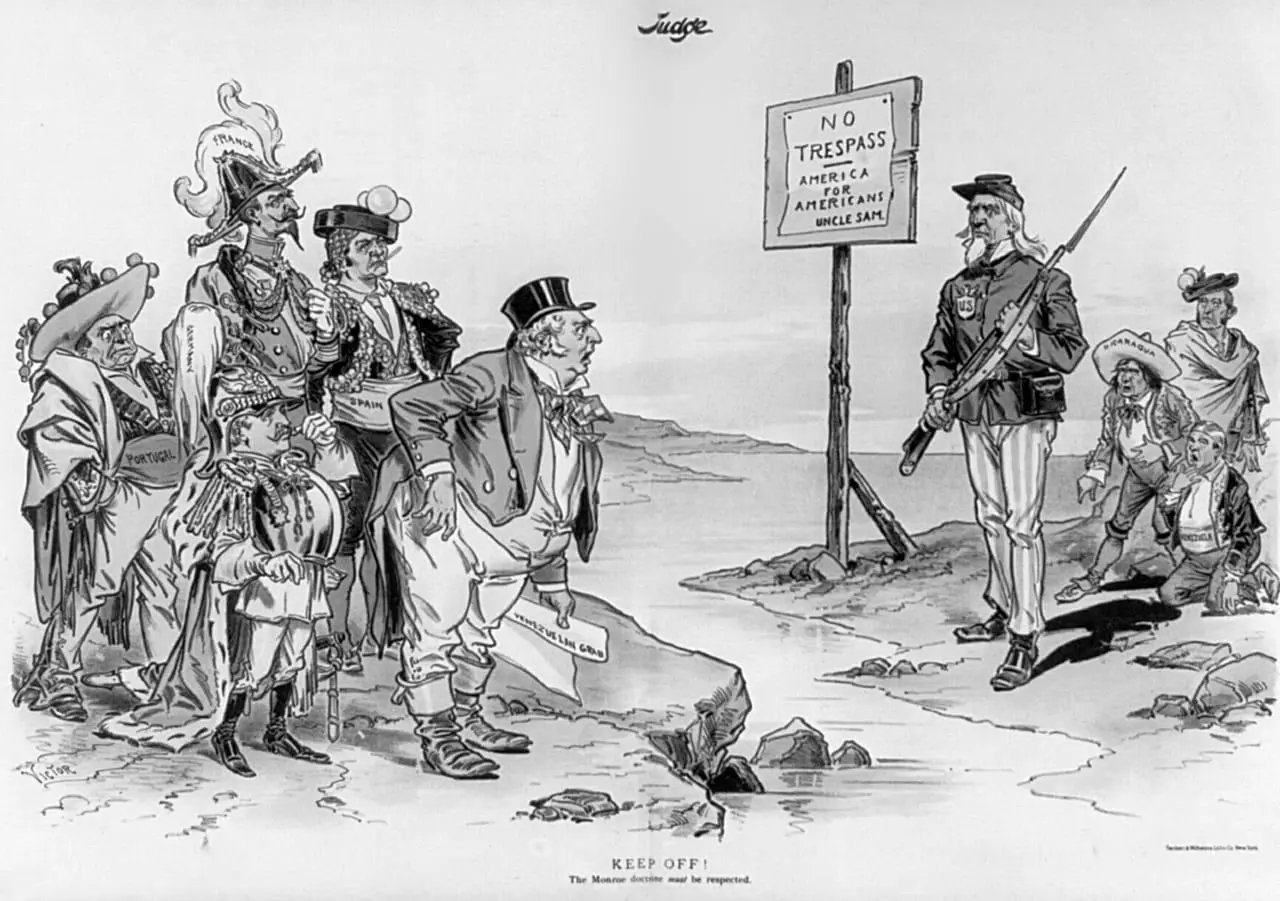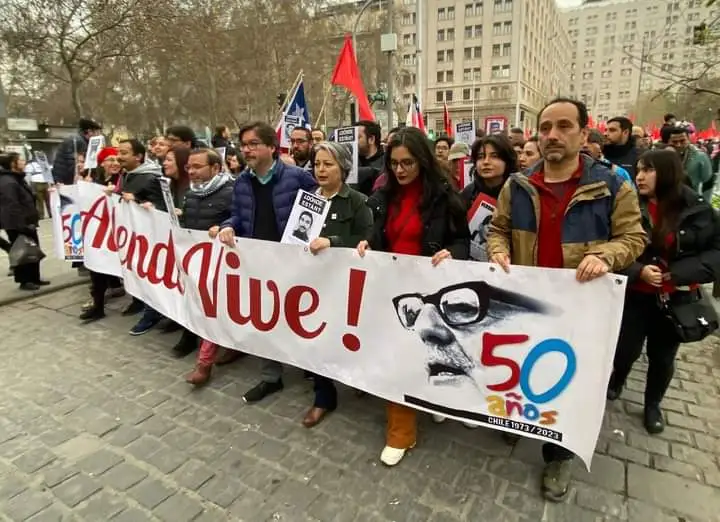On November 20, India's Prime Minister, Narendra Modi, stated his intention to overturn the three controversial agricultural laws. This is a huge triumph for the farmers who have been stranded on the Delhi border for the last year over the issue of repealing these laws, as well as a significant loss for this fascist administration.
What could be the reasons for the repeal ?
This government ,wearing the veil of being invincible, responded under the pressure of the general public. It is being said that this has been done on a temporary basis. Whatever be the case, the fact that the government knelt down now provides morale to the workers and toilers who are opposing the policies of this fascist government, which thrives on capital, and from here should start the rollback of the anti-people laws of this government. Now is the time to step up the resistance and move from labor code to CAA ( Citizenship Amendment Act 2019). The movement has to be intensified to withdraw all the anti-people, communal laws. Another factor could be the upcoming assembly election in Uttar Pradesh.

U.P factor
Elections are due in early 2022 in the northern state of Uttar Pradesh and it is very important for the BJP. After all, Uttar Pradesh is the heartland of the cow belt, that is, an important center and has the largest number of MPs ( members of parliament). Overall, it is necessary to win here to continue its communal and fascist campaign to maintain its rule.Now when we look it the class wise, we will find that it after all, the farmer family is the bastion of private property and the present system and morality, is the bastion of orthodox rites. The dense peasantry is the reliable social base of the ruling class, which is capable of mobilizing other peasant sections behind it. In such a situation, there will be a high price to be paid for losing this social base. That is why it is necessary for the BJP to keep control of this base.

Hits and misses : the road ahead
Apart from the repeal of the agricultural law, the main demand of this movement is that the government should guarantee to buy food grains at a fixed price or at least make arrangements for traders to buy it in the market at a fixed price. If the government buys food grains, then only it will give cheap food grains to the ration shops and the poor. The practice of providing cheap food grains to the poor by buying expensive grains is not new. The price of food grains does not increase when the government buys grains . Today the price of various commodities is not determined by the labor force involved in it, but the prices are being determined mainly by the control of monopoly capital engaged in trade in that area through hoarding and control of supply in the market. This monopoly would be fully established after the production of food grains and especially trade came under the control of big capitalists. The grain would then be priced and increasingly sold from small producers to the general public including the working class at greatly inflated prices, creating scarcity in the market. The same is being done in the case of edible oil; the rising price of petroleum products is also the result of monopoly capital production and its control over the global market.Therefore, on the basis of the rules of the free market, the government and its media are rumour mongering . There is no need for the people of the progressive community to fall prey to it.
The implementation of MSP does not affect the food grains of the poor or the grains available in the market, but if the government does not buy food grains, the hoarders will be allowed to deposit more and more goods in the open market and then the price of food grains will increase. This law encouraged hoarders and the open market. Therefore, the full participation of the working class in the fight for complete withdrawal of this law was the right step.
The government should buy the grain of the farmers, this will be a step towards state capitalism and in the future towards socialist production system. That is why the theorists of finance capital and the neoliberal free market are vigorously opposing government procurement.

It is true that the neoliberal free market governments will not want to stop their destruction in the free market by buying food grains and other small producers' products. But we must strongly support all the movements that create this pressure on them, because the state has already bought the products of the farmers on the basis of the socially necessary labor of that time, even on the basis of the law of price.But they must get the price for their products on the basis of comparison of the labor force contained in other products. Otherwise, as Punjab farmer leader Jogendra Singh Ugrahan had demanded in an interview previously - if you cannot give MSP (Minimum Support Price), then reduce the cost of the means used in farming. How can it be that the cost of agricultural inputs goes up but its products are left to be sold for less than its value in a market controlled by big capital?Many Marxists want to celebrate the destruction of these peasants by disregarding the law of value in the capitalist system, the owners of small capital. No Marxist can think so, only anarchists can think so. We will stand by Engels' statement that the small peasantry will be destroyed by the present capitalist system, but before it is destroyed, we must draw them into the larger movement and join the working class as part of the long fight to destroy the capitalist system. In addition to the works of Engels, Lenin in practice laid the groundwork for the Russian Revolution and Socialism on the basis of the unity of the worker and the peasant. Interpreting Lenin's point of view in the Foundation of Leninism, Stalin placed great emphasis on the Workers' Peasant Alliance and established it as an important element of it. But how sad it is that today many organizations claiming to be active in working class politics have neither any program nor any organization to organize the farmers.This movement has brought to the fore the anti-peasant and toiling character of capitalism in a limited sense. But the question is, when the working class is not able to raise a strong movement against capitalism, then how can the farmer follow them. Big farmers, as the proprietors of agriculture and capital can never bring in socialism. Only the working class could historically perform this task because of the peculiarities of its relations of production. Therefore, instead of looking at the dominance of the capitalist farmers within the peasantry, the workers will have to wage a massive mobilization struggle against monopoly capital and global capitalism, bringing together all the petty classes, especially the peasantry. If we do not do this, then all the toiling farmers will be forced to go under the leadership of capitalist farmers, despite their hopeless future, to get something out of capitalism.






